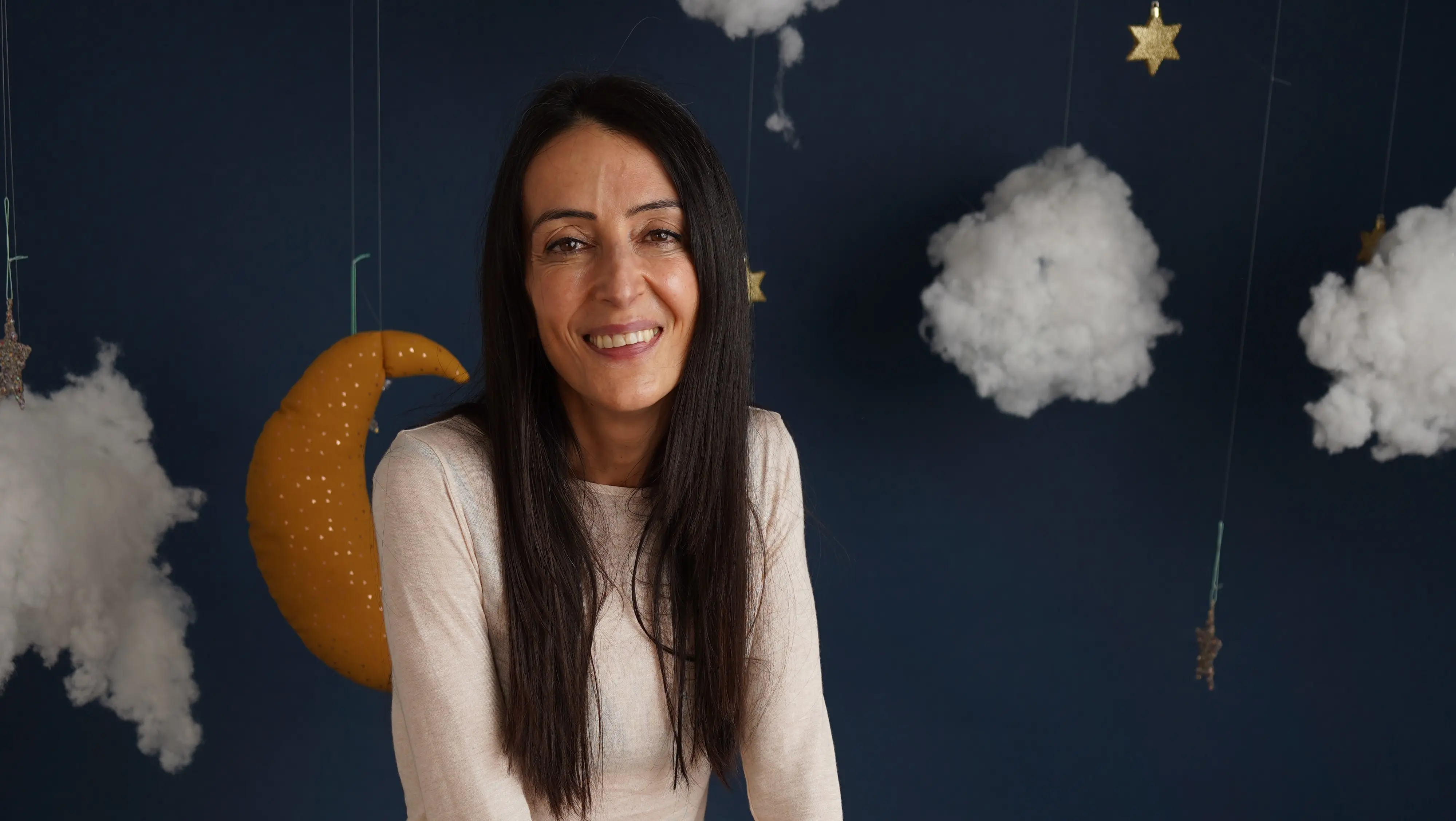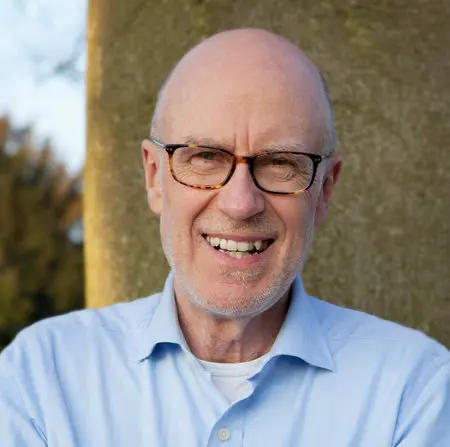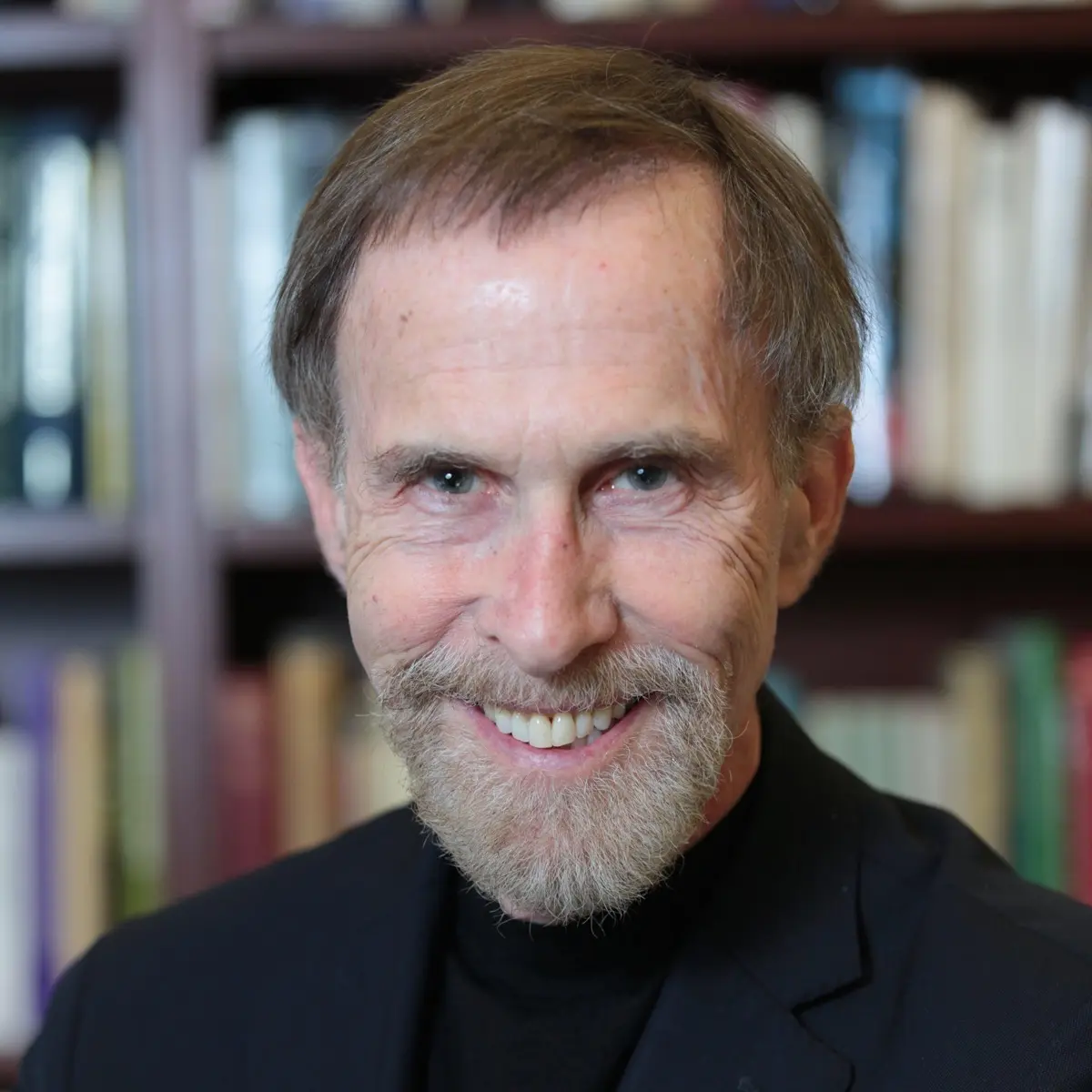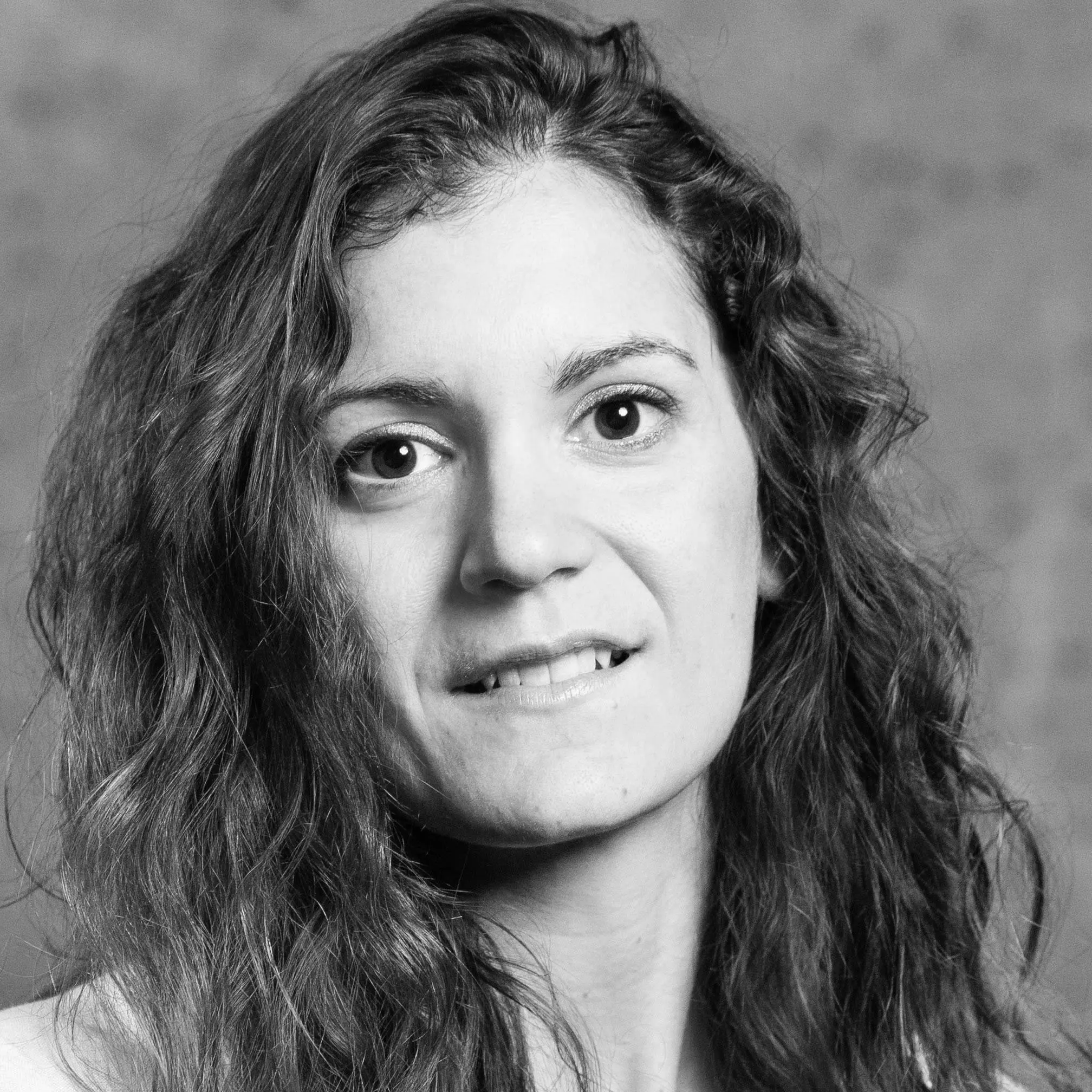Monday 3rd April - 06:00 PM BST
The Debate: The Origin of Life
Will we ever know what it is to be alive?
Humans have always marvelled at the wonders of life. But for nearly a century science has had an explanation for the immense variety of life forms on the earth.
Out of a primordial soup a random combination of chemicals generated the building blocks of life. Evolution did the rest. But might this account be fundamentally mistaken? Despite decades of effort, biologists and biochemists have been unable to evolve living things from inorganic material. The emergence of the first cell and the development of complex life remain a mystery.
Might the origin of life perhaps never be uncovered by biologists? Is the failure to explain the origin of life a fundamental threat to the whole evolutionary story? Or might we be able at some point to demonstrate the evolution of cells from inorganic material and the subsequent development of complex life forms, and if so where might this solution be found?
Big ideas in your inbox.
Updates from the world's greatest minds - plus offers and discounts.
Marina Cortês
Marina Cortês is a pioneering astrophysicist based at the University of Lisbon who challenges conventional notions of time. She is the founder of Biocosmology, a new scientific field that allows us to see life through the lens of black holes, dark energy, and dark matter.
Johnjoe McFadden
Johnjoe McFadden is a British molecular biologist working at the University of Surrey. McFadden is the author of Quantum Evolution, which offers a novel evolutionary mechanism beyond the neo-Darwinian paradigm.
Alex Rosenberg
Alexander Rosenberg is a philosopher at Duke University and co-director of the Duke Center for the Philosophy of Biology. He is known for his defence of scientism and metaphysical naturalism, arguing that science is powerful enough to address the big questions of philosophy.
Sara Walker
“The problem with attempts to define life is that life is not a natural kind.”
Sara Walker is one of the world's more pioneering astrobiologists, theoretical physicists and science communicators. She explores some of the most profound questions in science relating to topics none other than the origin of life and how to find life on other worlds.
Walker is currently Deputy Director of the Beyond Center for Fundamental Concepts in Science at Arizona State University, Associate Director of the ASU-SFI Center for Biosocial Complex Systems and an associate professor at Arizona State University (ASU). She is a leading advocate for the communication of science to the public and has participated in many interviews, panels, and lectures to discuss her research and topics related to her fields of study.
“A fascinating thinker” – Santa Fe Institute







